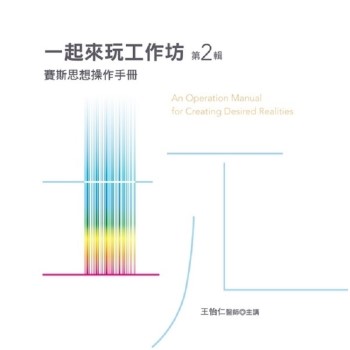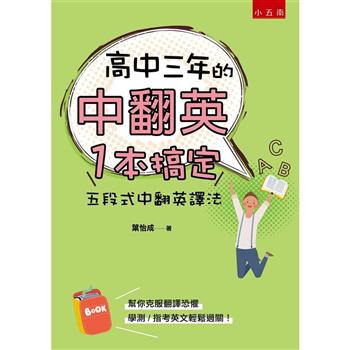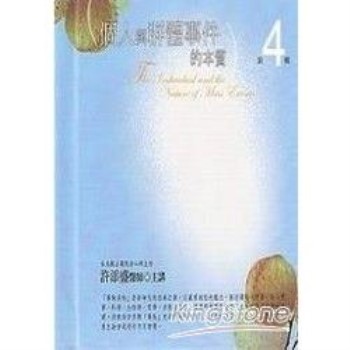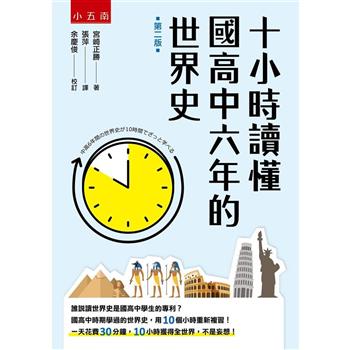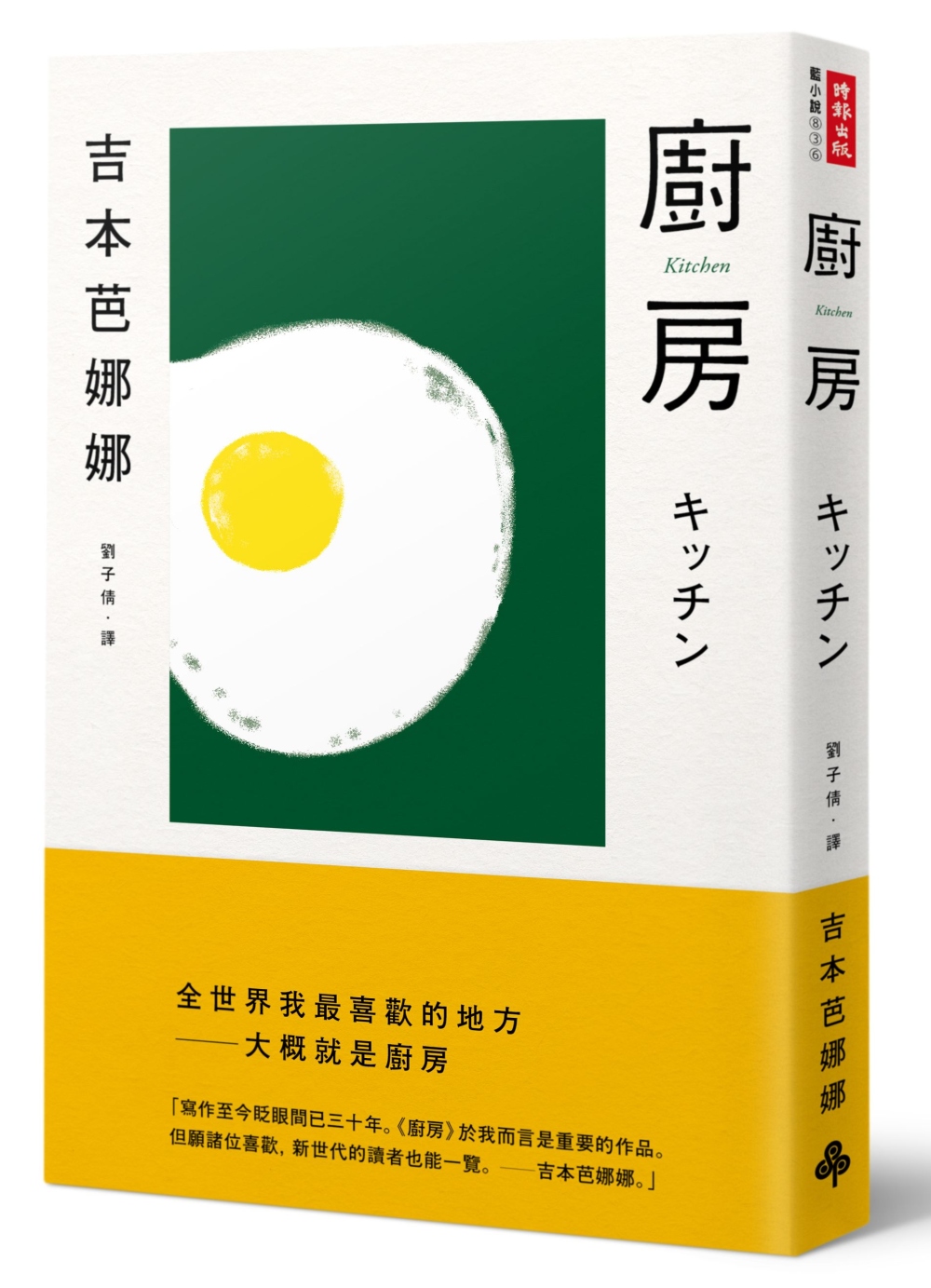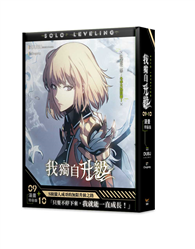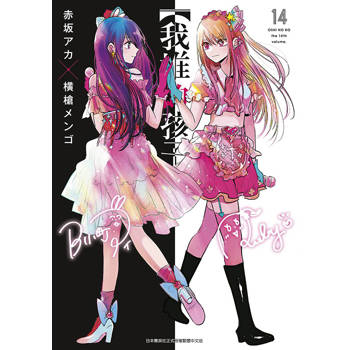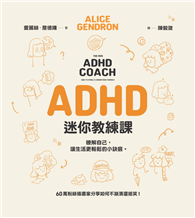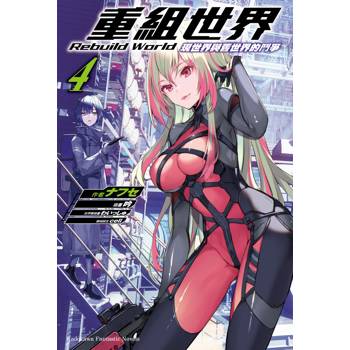In Revolutionary Suicide and Other Desperate Measures, Adrienne Carey Hurley examines how child abuse and youth violence are understood, manufactured, and represented, but still disavowed, in Japan and the United States. Through analysis of autobiographical fiction, journalism, film, and clinical case studies, she charts a "culture of child abuse" extending from the home to the classroom, the marketplace, and the streets in both countries. Hurley served as a court-appointed special advocate for abused children, and she brings that perspective to bear as she interprets texts. Undertaking close reading as a form of advocacy, she exposes how late-capitalist societies abuse and exploit youth, while at the same time blaming them for their own vulnerability and violence. She objects to rote designations of youth violence as "inexplicable," arguing that such formulaic responses forestall understanding and intervention. Hurley foregrounds theories of youth violence that locate its origins in childhood trauma, considers what happens when young people are denied opportunities to develop a political analysis to explain their rage, and explores how the chance to engage in such an analysis affects the occurrence and meaning of youth violence.
| FindBook |
有 1 項符合
Revolutionary Suicide and Other Desperate Measures: Narratives of Youth and Violence from Japan and the United States的圖書 |
 |
Revolutionary Suicide and Other Desperate Measures: Narratives of Youth and Violence from Japan and the United States 作者:Hurley 出版社:Duke University Press 出版日期:2011-08-11 語言:英文 規格:平裝 / 259頁 / 23.4 x 15.7 x 1.8 cm / 普通級 |
| 圖書館借閱 |
| 國家圖書館 | 全國圖書書目資訊網 | 國立公共資訊圖書館 | 電子書服務平台 | MetaCat 跨館整合查詢 |
| 臺北市立圖書館 | 新北市立圖書館 | 基隆市公共圖書館 | 桃園市立圖書館 | 新竹縣公共圖書館 |
| 苗栗縣立圖書館 | 臺中市立圖書館 | 彰化縣公共圖書館 | 南投縣文化局 | 雲林縣公共圖書館 |
| 嘉義縣圖書館 | 臺南市立圖書館 | 高雄市立圖書館 | 屏東縣公共圖書館 | 宜蘭縣公共圖書館 |
| 花蓮縣文化局 | 臺東縣文化處 |
|
|
圖書介紹 - 資料來源:博客來 評分:
圖書名稱:Revolutionary Suicide and Other Desperate Measures: Narratives of Youth and Violence from Japan and the United States
|
